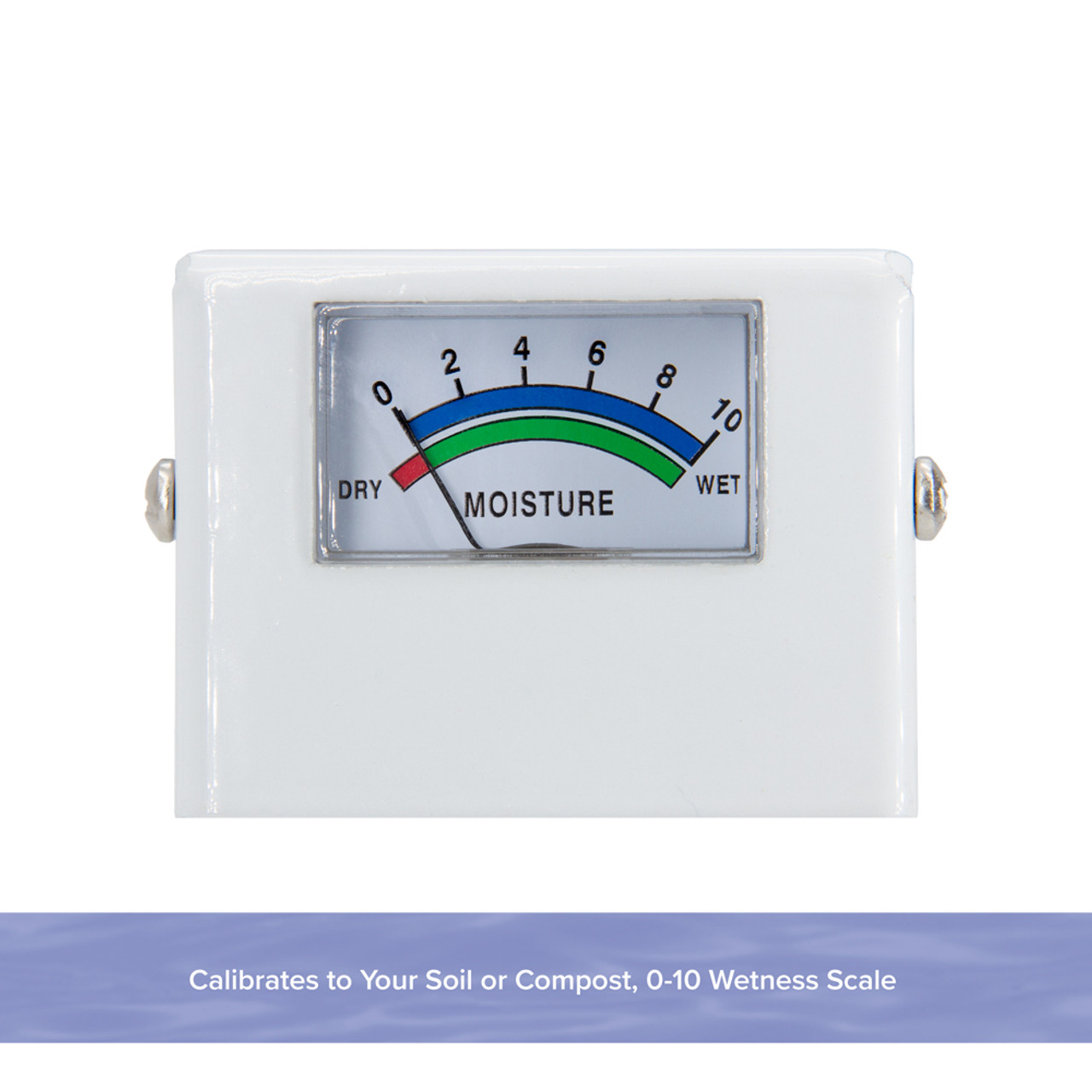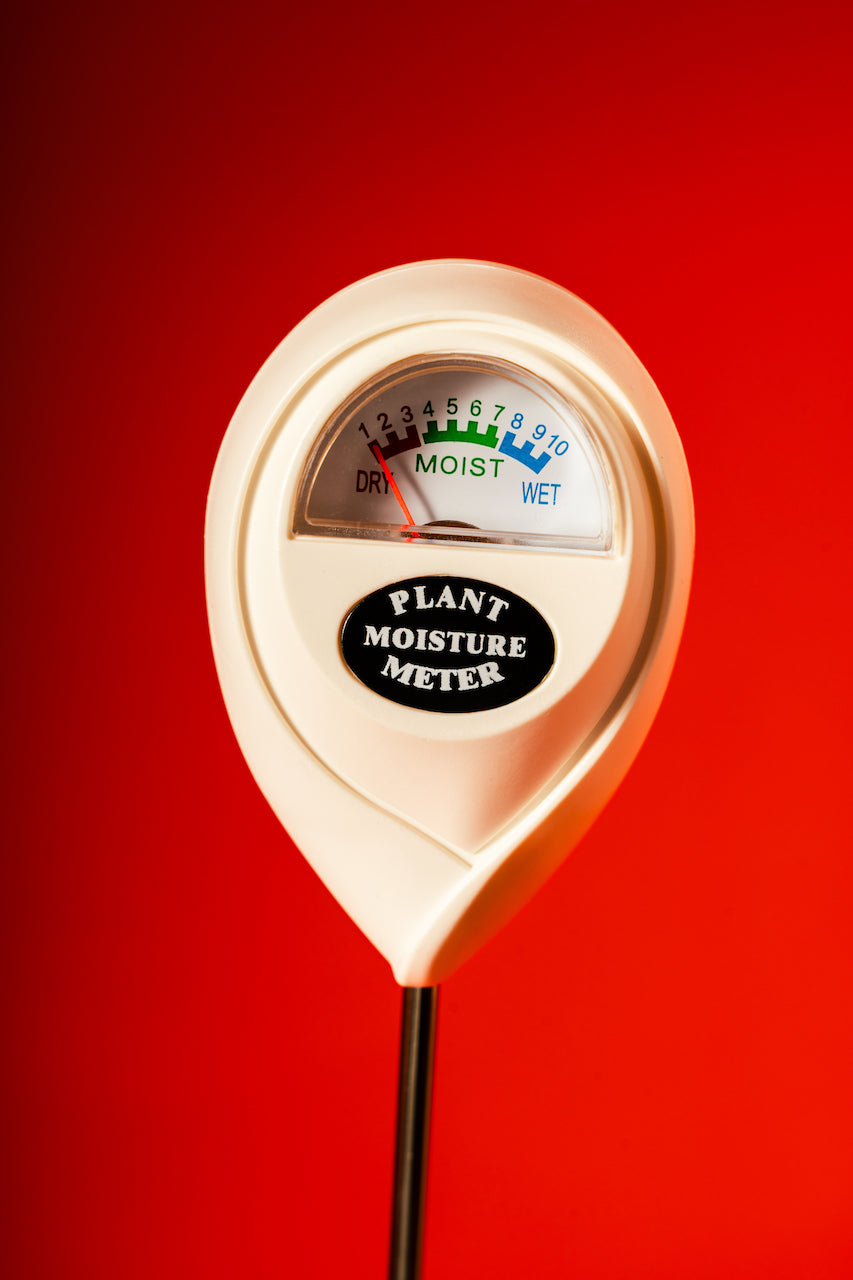Leading 10 Advantages of Using a Moisture Meter for Precise Measurements in Your Home
Leading 10 Advantages of Using a Moisture Meter for Precise Measurements in Your Home
Blog Article
The Ultimate Overview to Moisture Meters: A Comprehensive Introduction and Exactly How They Can Save You Money
In the world of structure upkeep, building, and various industries, the relevance of properly determining moisture degrees can not be overemphasized. Wetness meters work as crucial devices in finding and keeping track of moisture content in materials, assisting in stopping costly problems and making sure the quality of items. Comprehending the nuances of various types of dampness meters, their applications, and the prospective cost-saving benefits they use can be a game-changer for specialists and organizations alike. Uncovering exactly how these devices can not just streamline procedures but additionally add to economic savings is a trip worth embarking on.
Sorts Of Moisture Meters
One common type is the pin-type wetness meter, which gauges the electrical resistance between two pins placed right into a product. Pinless moisture meters, on the other hand, use electro-magnetic sensing unit plates to check a bigger area without causing damage to the material's surface.
In addition, there are also specialty moisture meters developed for certain products like hay, grain, or dirt. These meters provide accurate moisture readings tailored to the distinct properties of the material being tested. Infrared moisture meters measure the thermal homes of a product to identify its wetness web content non-invasively, making them useful for applications where pin or pinless meters might not appropriate. Recognizing the different kinds of dampness meters offered can help sectors pick one of the most ideal device for their details dampness dimension demands.

Benefits of Using Moisture Meters

Furthermore, making use of dampness meters can lead to enhanced energy effectiveness. In agricultural settings, moisture meters play a critical function in optimizing crop yields by enabling farmers to keep track of dirt dampness levels and make educated irrigation decisions.
How to Select the Right Moisture Meter
Choosing the suitable dampness meter involves taking into consideration vital elements such as material compatibility, measurement range, and calibration precision. When choosing a moisture meter, it's necessary to ensure that the meter appropriates for the particular material you will certainly be screening. Different products have varying electric properties that can impact wetness analyses, so selecting a meter designed for your material is crucial for accurate results. In addition, think about the dimension series of the dampness meter. Make sure that the meter can discover moisture degrees within the variety required for your applications. Calibration accuracy is another essential factor to keep in mind (Moisture Meter). Choose a dampness meter with reputable calibration to make certain exact and consistent analyses. Some meters might call for periodic calibration adjustments, so comprehending the calibration process is very important. By very carefully reviewing these elements, you can choose a moisture meter that meets your needs and supplies accurate dampness dimensions for your tasks.
Correct Strategies for Moisture Meter Usage
To make certain precise dampness analyses and make best use of the effectiveness of a wetness meter, utilizing correct techniques is crucial. When using a pin-type wetness meter, insert the pins or probes right into the material being examined till they make full get in touch with. Guarantee the pins are vertical to the surface area to get one of the most specific reading. For pinless wetness meters, hold the gadget level against the product and relocate gradually to cover the entire location for an average reading. It's vital to adjust the dampness meter according to the product being evaluated to boost precision. Take multiple analyses across the surface area and typical them out for an extra trustworthy result. Furthermore, make sure that the material being checked is adapted to the setting to stop skewed readings. Routine upkeep of the moisture meter, such as cleansing the pins or sensing unit, is additionally crucial to make certain constant and accurate readings. By adhering to these correct methods, individuals can depend on their moisture meter to give reliable dampness levels, helping in avoiding pricey damage or ensuring top quality in numerous applications.

Price Financial Savings With Moisture Meter Applications
How can the calculated utilization of moisture meters lead to significant price financial savings across various sectors? Wetness meters play an essential function in cost savings by preventing possible damages and ensuring quality assurance in various sectors. In the farming sector, dampness meters help in figuring out the ideal time for gathering plants, protecting against excess or over-drying dampness that can impact the end product's quality. This exact tracking aids farmers stay clear of unneeded losses and optimize their yield.

Moreover, in the food handling market, moisture meters are necessary for keeping track of product quality and making certain conformity with safety guidelines. By properly determining moisture content in food, producers can stop putridity, preserve quality, and minimize waste, leading to substantial expense financial savings. Overall, the calculated application of dampness meters is a beneficial financial investment that can cause substantial price reductions and enhanced performance throughout different markets.
Final Thought
To conclude, wetness meters are useful devices for identifying and determining wetness degrees in numerous products. By using the appropriate moisture meter and adhering to correct techniques, customers can properly avoid pricey damages created by excess wetness. Buying a quality moisture meter can lead to significant expense financial savings over time by identifying potential problems beforehand and making it possible for timely remediation. Eventually, moisture meters are vital tools for preserving the stability and longevity of frameworks and products.
Wetness meters offer as crucial devices in discovering and monitoring moisture web content in products, aiding in preventing costly damages and guaranteeing the quality of products. Infrared moisture meters determine the thermal properties of a material to identify its dampness web content non-invasively, making them beneficial for applications where pin or pinless meters may not be appropriate.Wetness meters provide very useful advantages in properly evaluating and checking moisture look at here degrees in varied products and settings. In farming settings, moisture meters play an important duty in enhancing crop returns by enabling farmers to check soil dampness degrees and make educated watering decisions.In final thought, moisture meters are important tools for Get More Information gauging and identifying dampness levels in various products.
Report this page